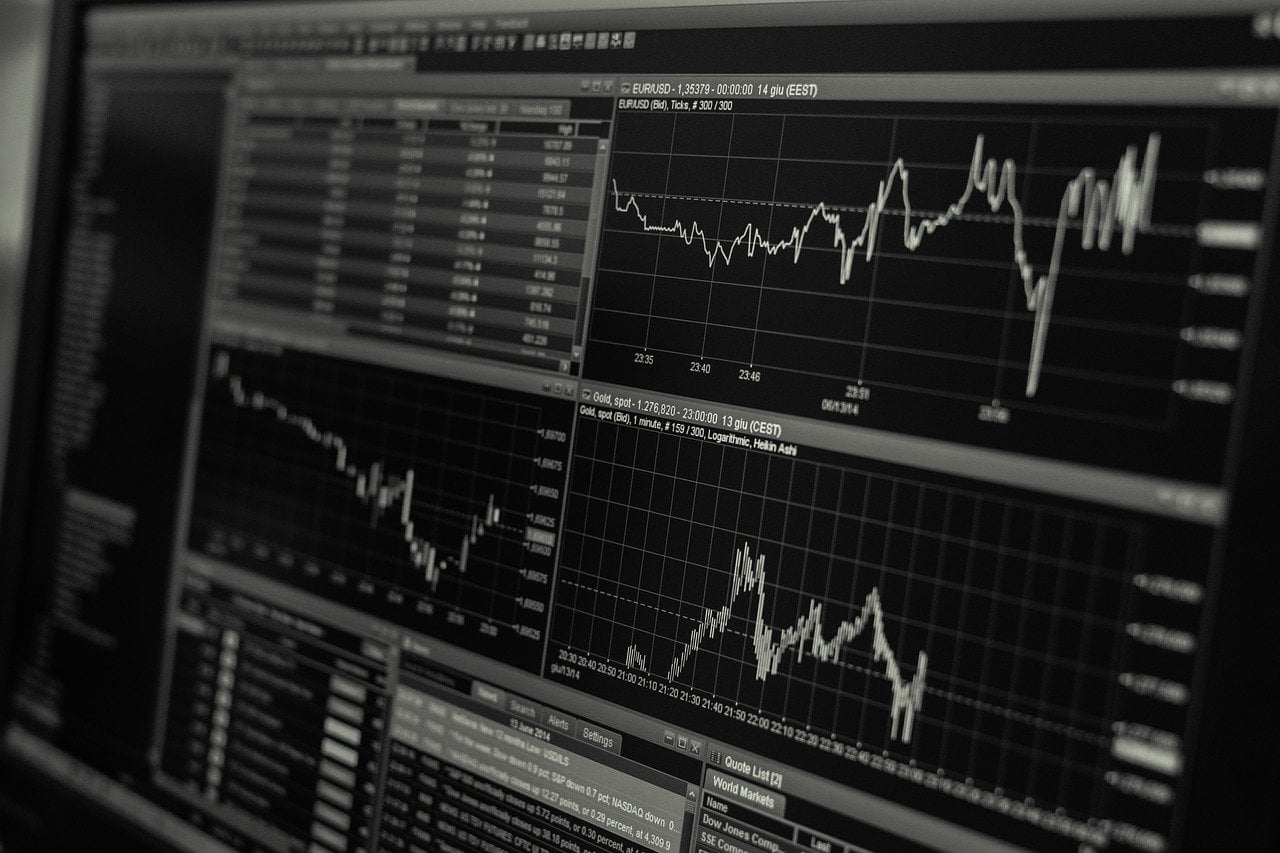Biblical investing authority Dan Celia is summarizing a very turbulent economy and last night analyzed the Federal Reserve’s actions over the weekend with a focus on the public health crisis aspect.
Q4 2019 hedge fund letters, conferences and more
Fed Cuts Short-term Interest Rates
“The Federal Reserve has decided to cut short-term rates to between 0% and .25%, basically removing any ammunition we had left now that we don’t have any dry powder,” Celia said Sunday night. “Powell decided to add $700 billion worth of quantitative easing (QE) into the credit markets. I believe the Federal Reserve is saying that we need more fear in the markets, more uncertainty and that the economy is far worse than anyone thought. Powell has all but guaranteed that the U.S. will be in a recession and has decided that we would be better off if we looked exactly like our European allies, with declining currency, increasing debt and recession.
“Obviously, he’s not really saying those things directly, but certainly it is what’s being taken by the markets, and that’s why we saw the futures market take such a dip on Sunday evening,” Celia continued. “This was a horrible move by the Federal Reserve, unless Powell doesn’t really believe that the coronavirus is a problem or that lower oil prices are the problem. Are those two black swans not transitory at all? The Federal Reserve does not step into the market because of transitory or temporary issues. So, are we to believe all this is transitory and that as soon as it’s over, Powell will raise rates again? That will not happen. We have a rough few weeks ahead of us, no doubt about it.
This Is A Public Health Crisis
“Let me summarize what is happening in the economy very quickly,” he added. “We are going through a public health crisis. We are not going through a market crash or an economic crash. When this public health crisis is over and oil is stabilized, markets will recover. This is likely the first time in the history of the Federal Reserve since 1913 that it felt it necessary to intervene in a public health crisis.
“Or could it be there is a lot more to this economic downturn than meets the eye? Something like irrational tightening of credit and liquidity markets could that possibly be exacerbated because of $21 trillion worth of debt with federal spending hitting new record highs. Maybe the financial sector and the shadow banking system have more debt and risk with less equity than anyone ever imagined? I started talking about that very thing three years ago, and I’ve been talking about it since. It’s the last thing I want to be right about. I am hoping the Federal Reserve is not using this public health scare to get ahead of a curve that no one wants to talk about. Again, I hope I am wrong about that.”






